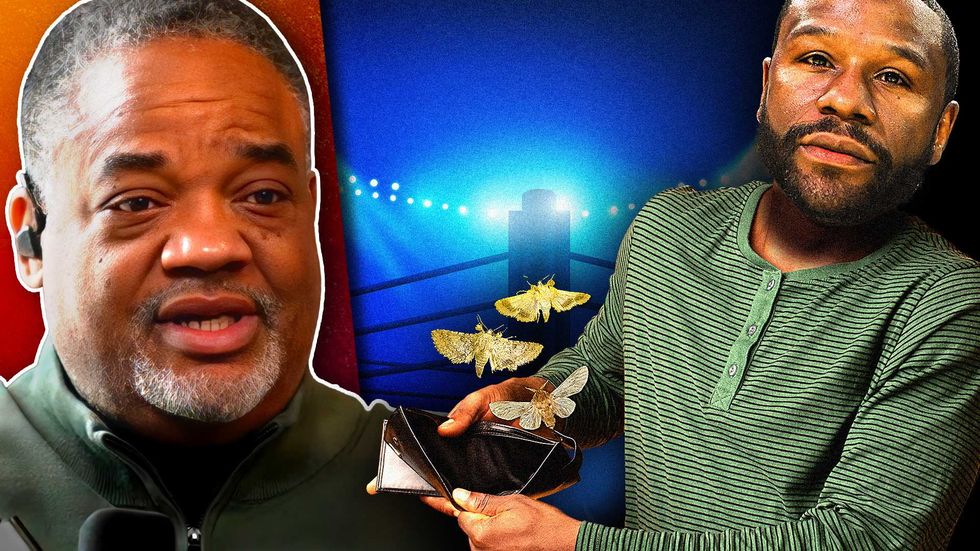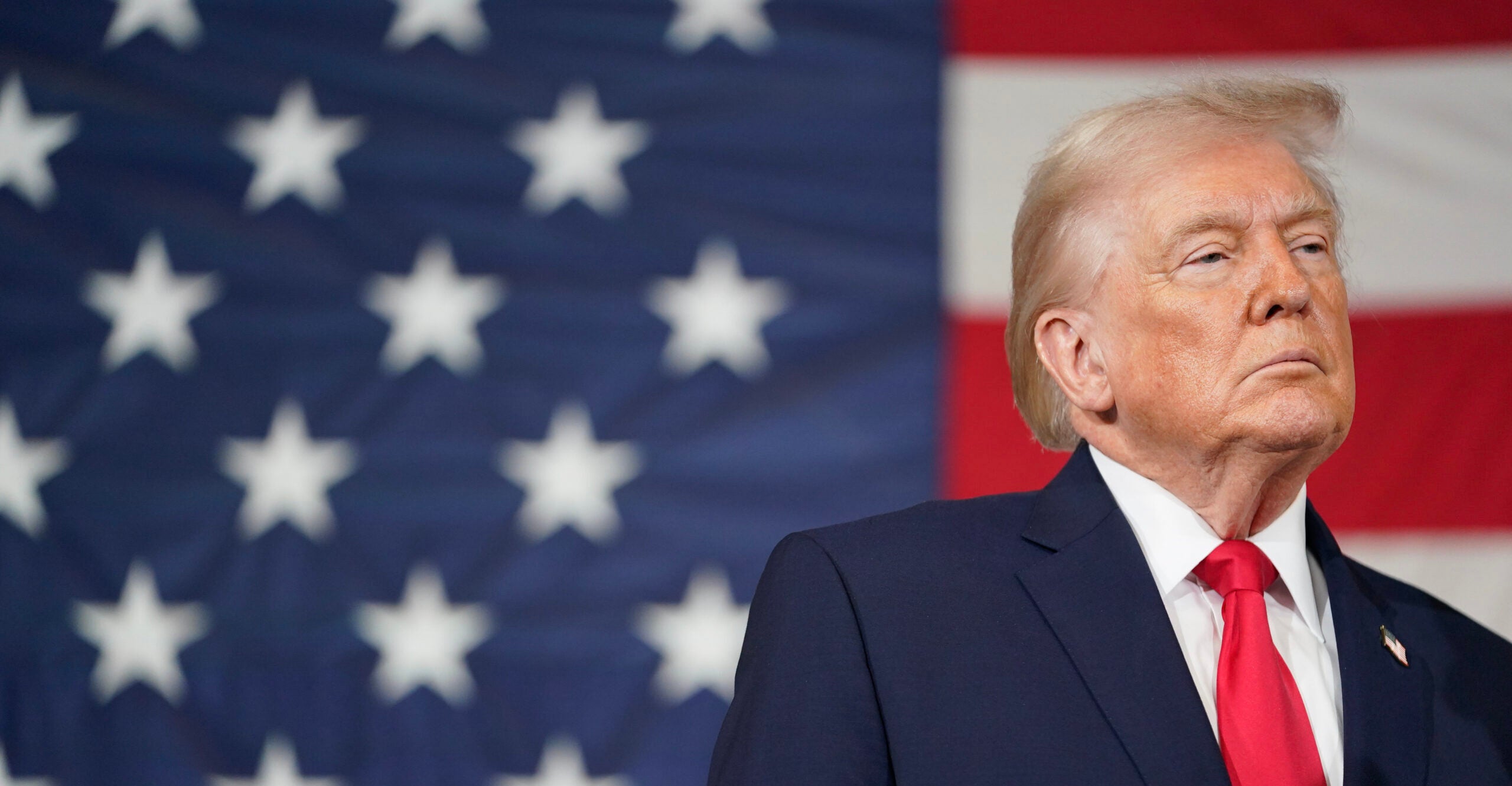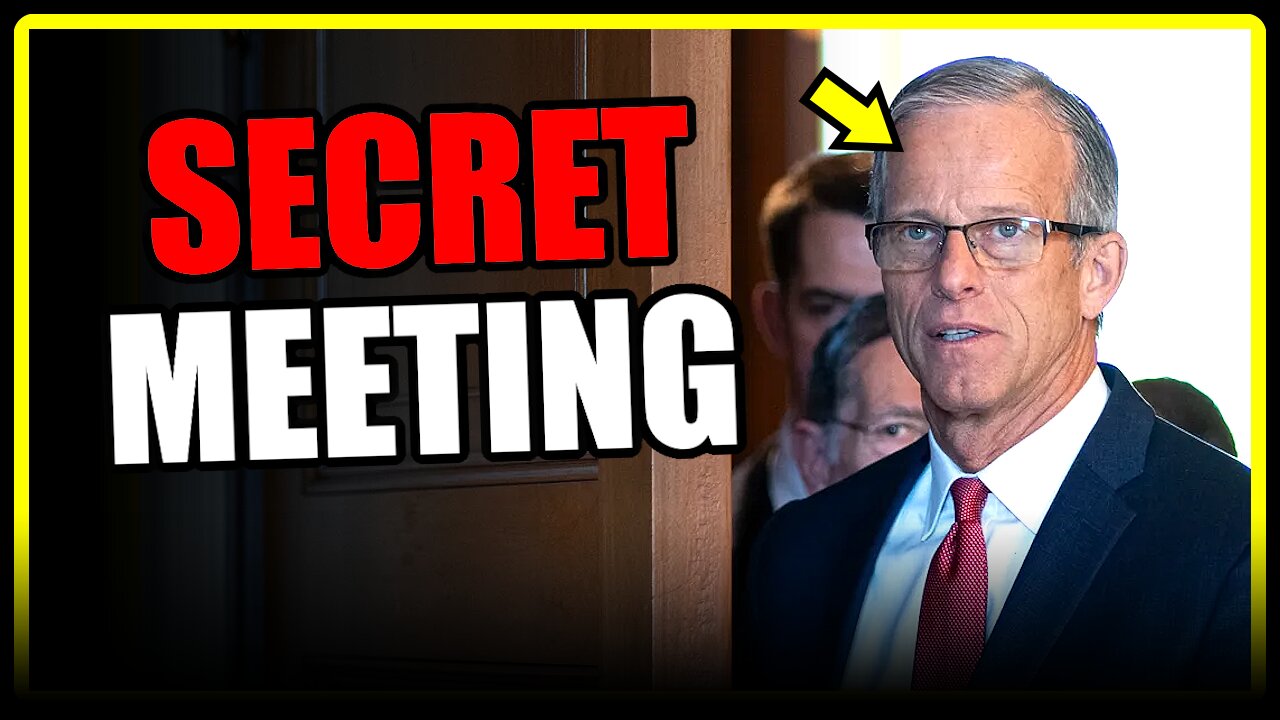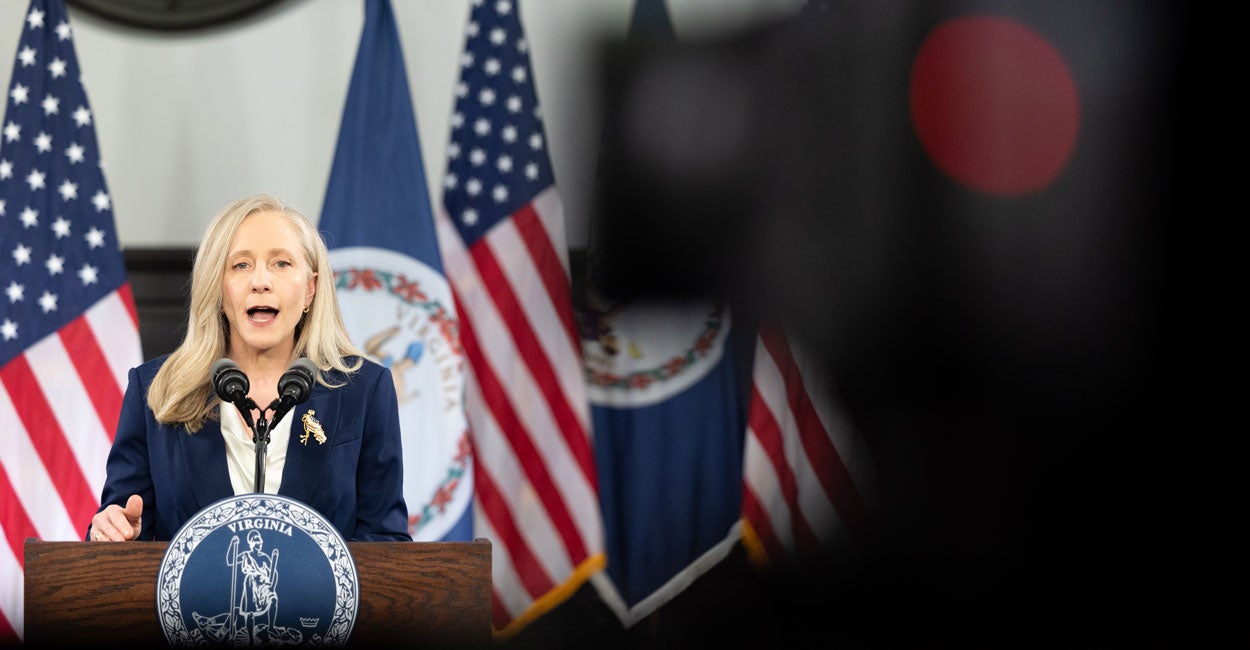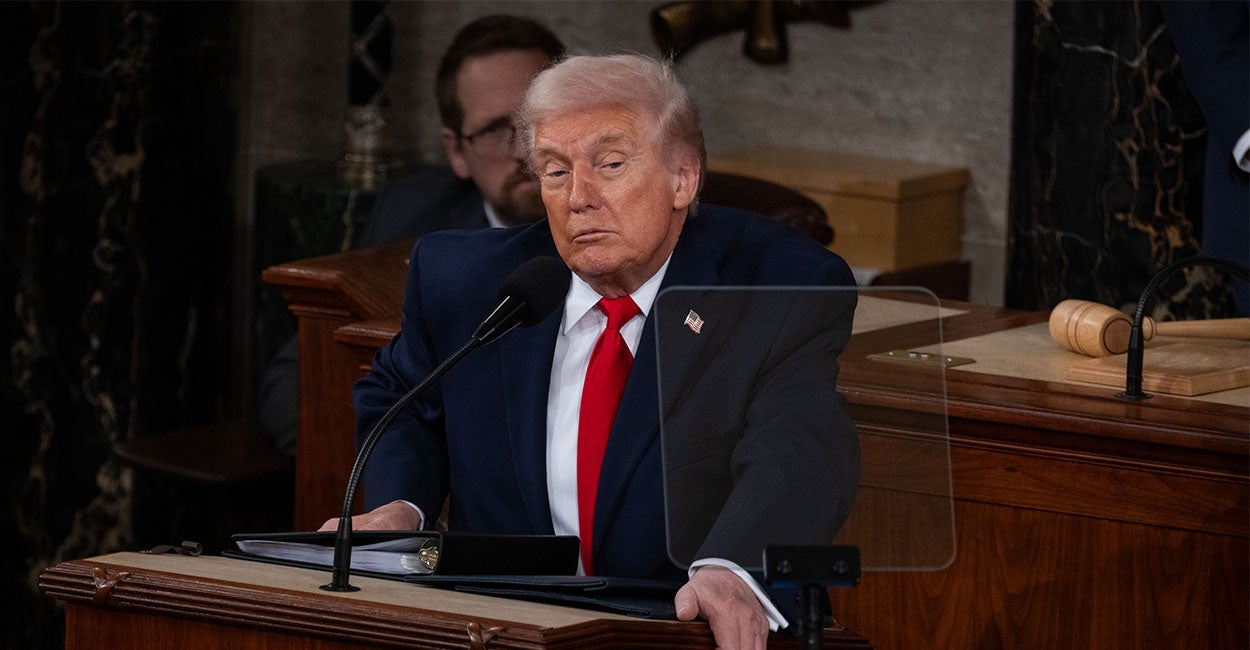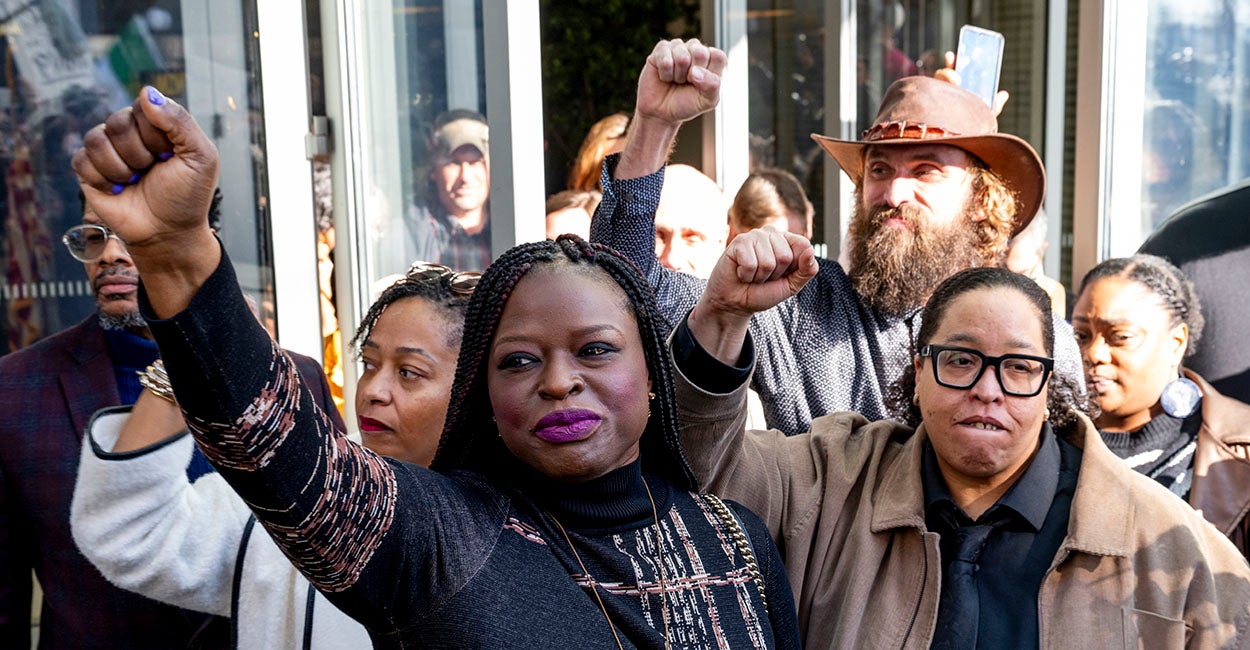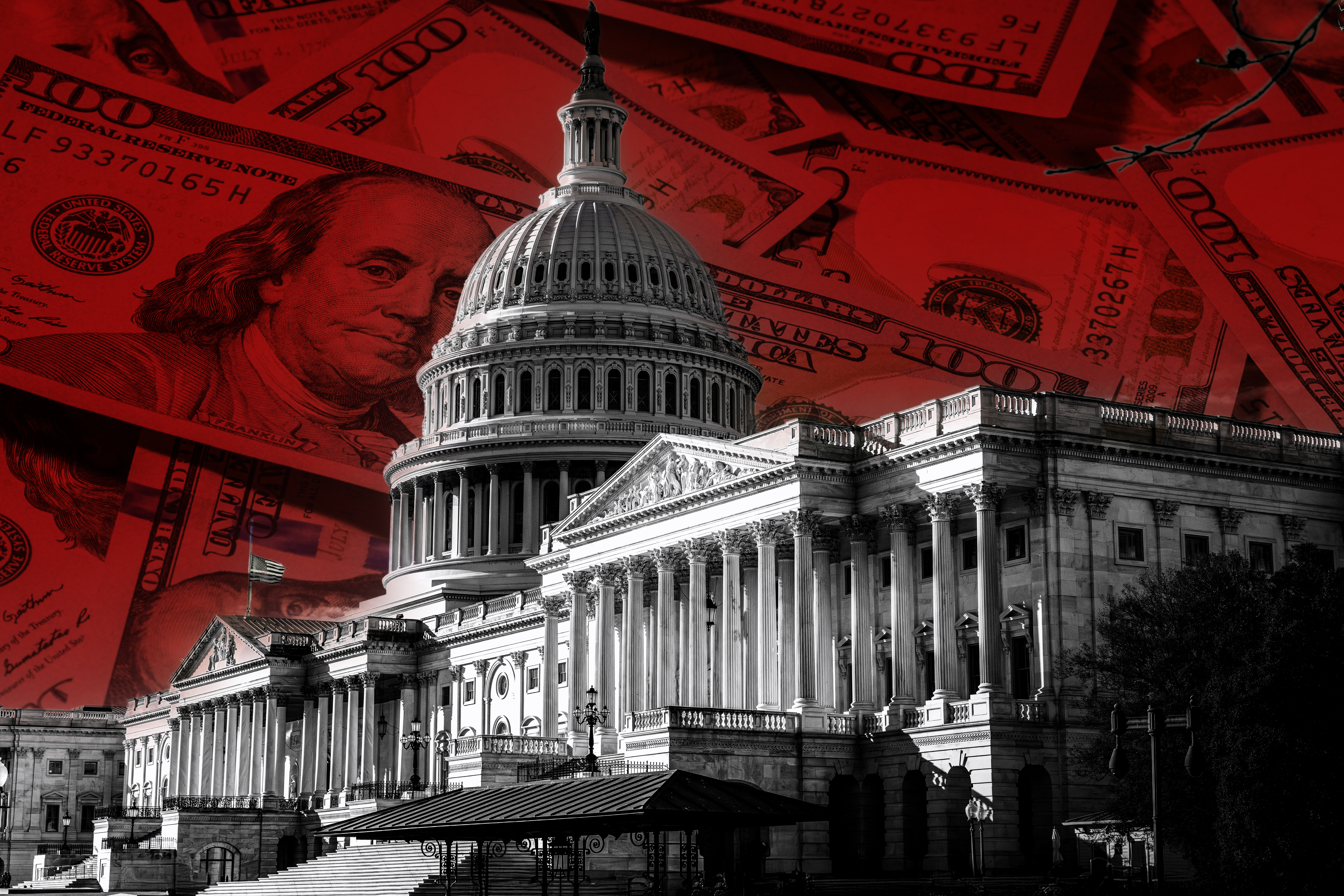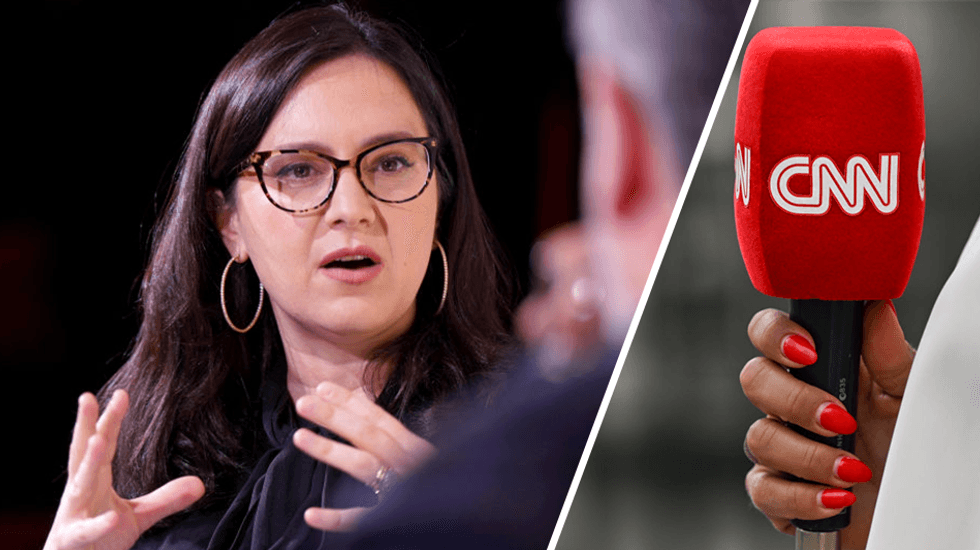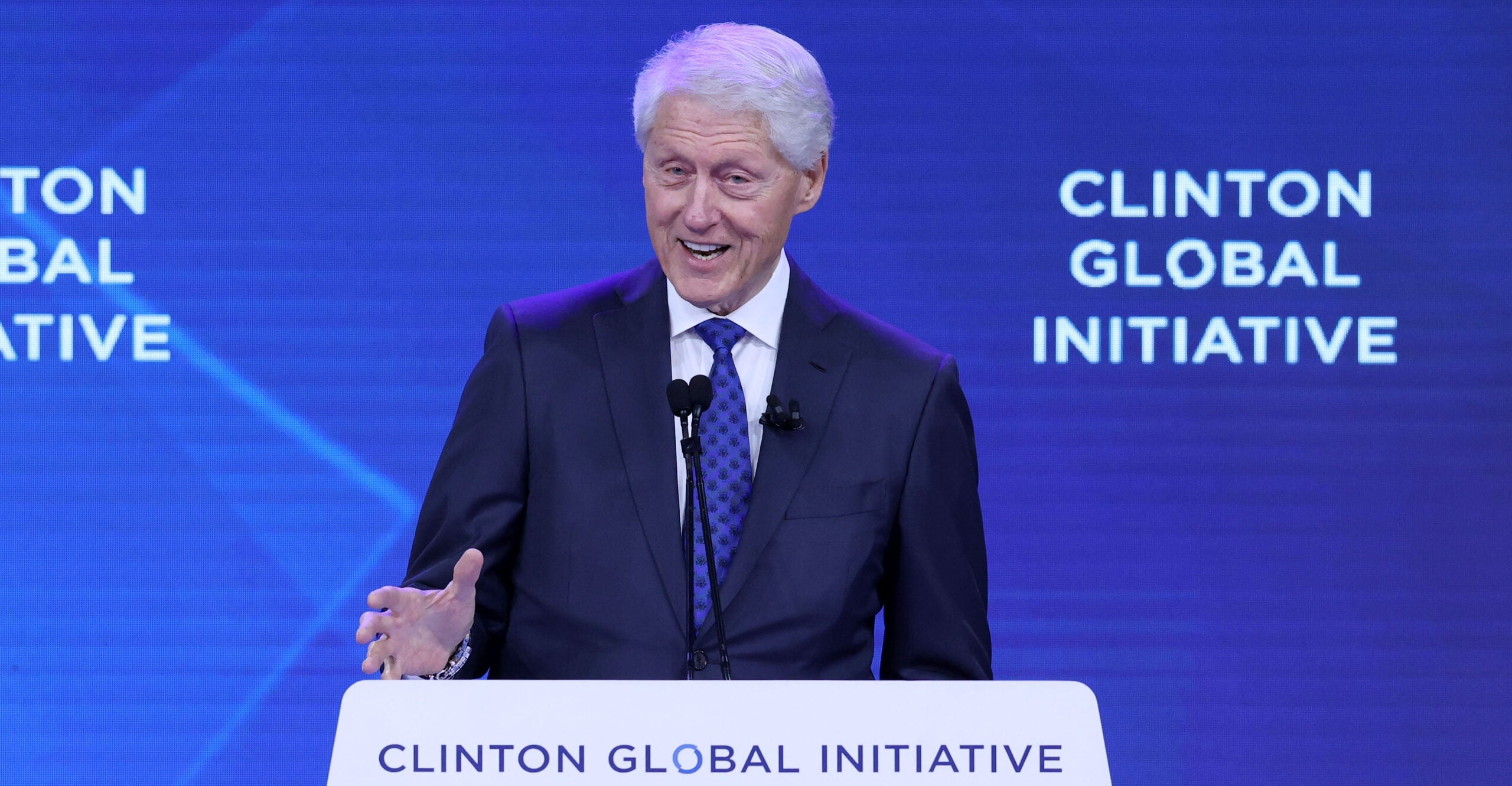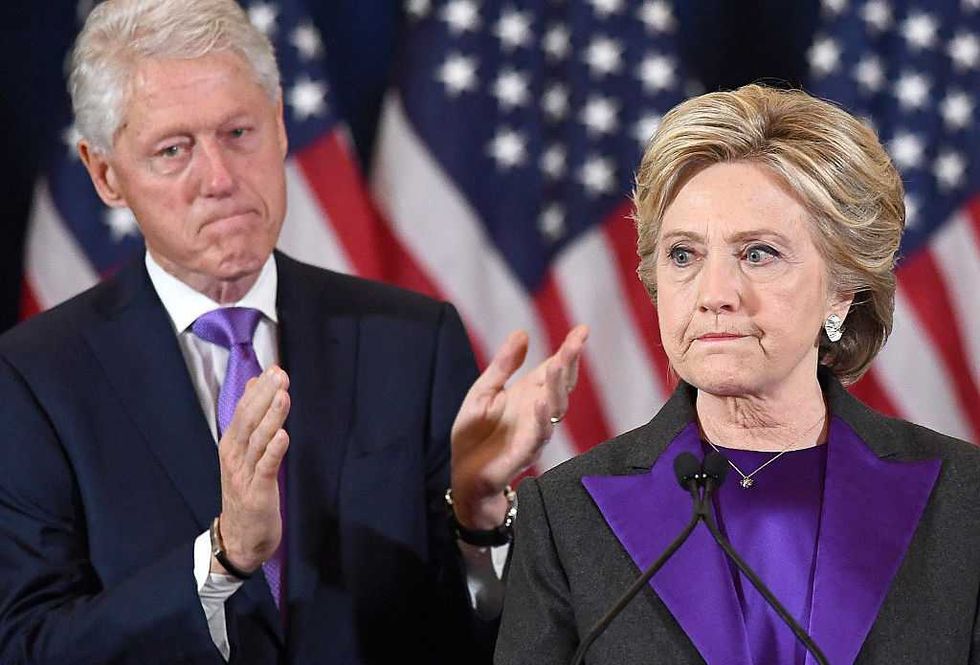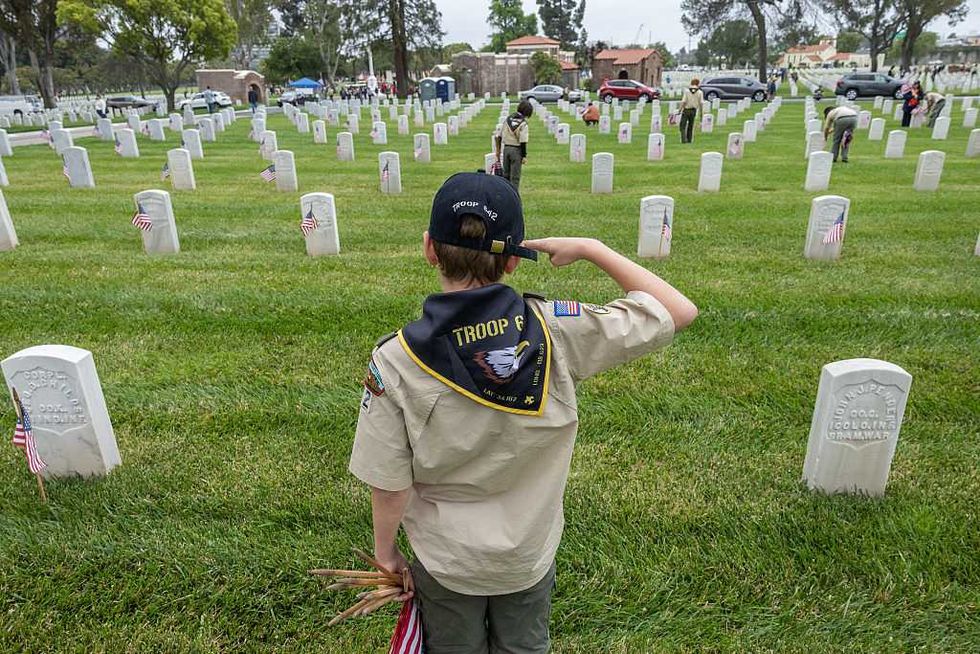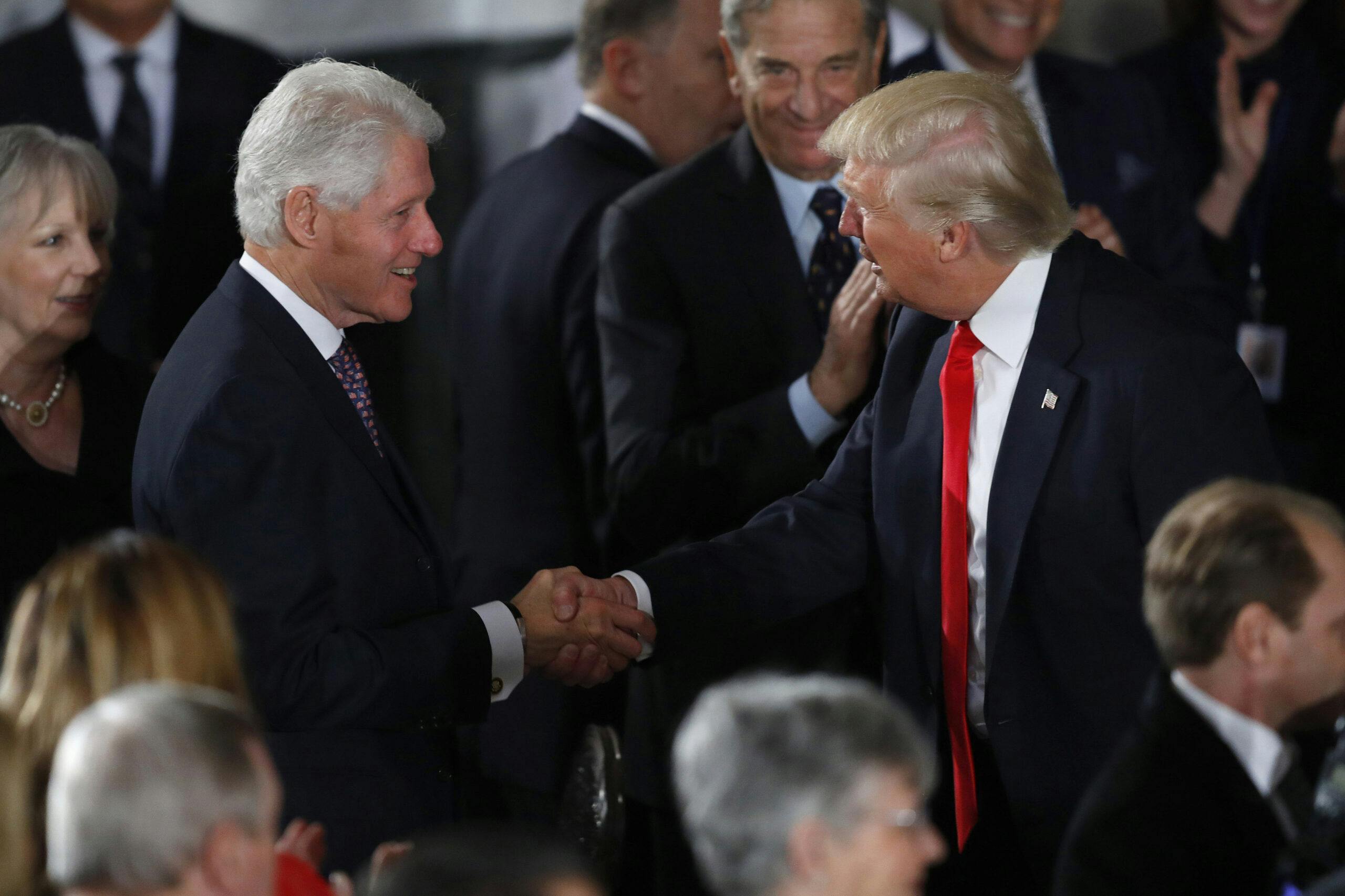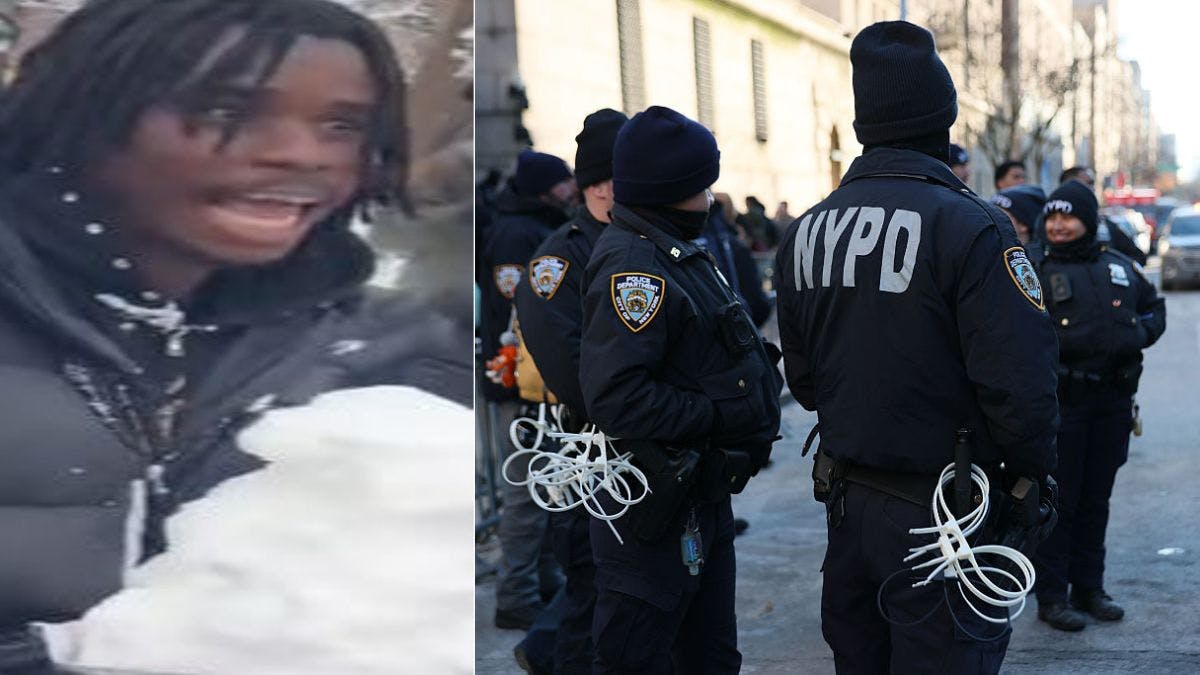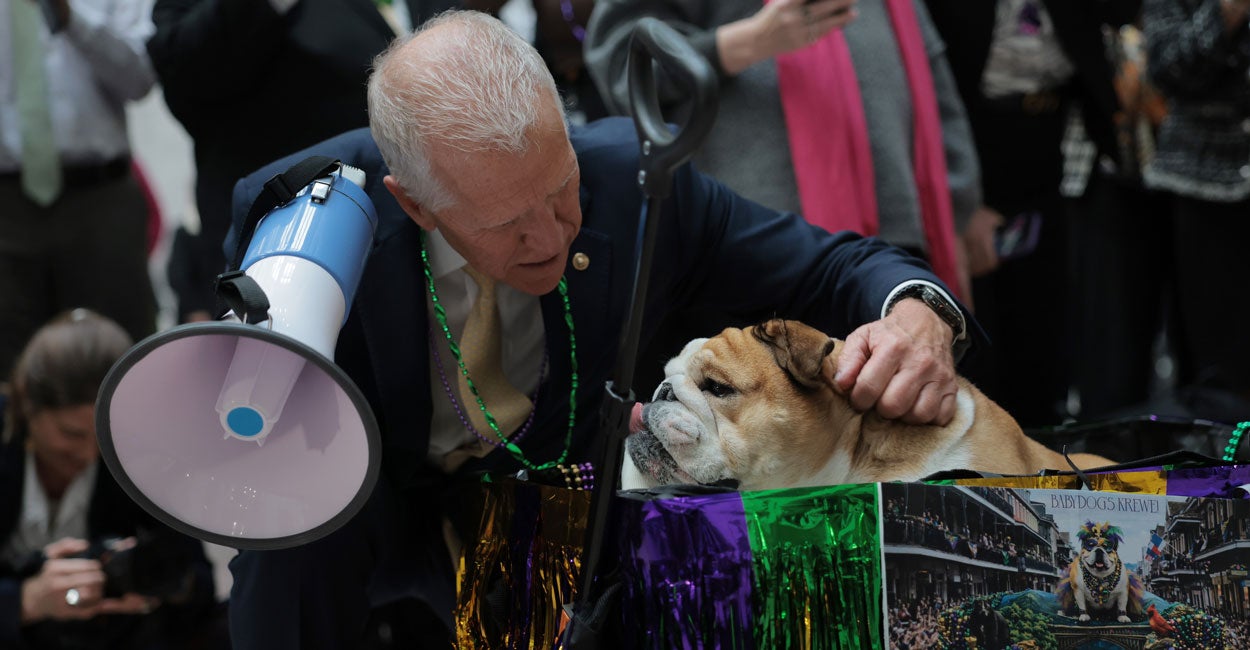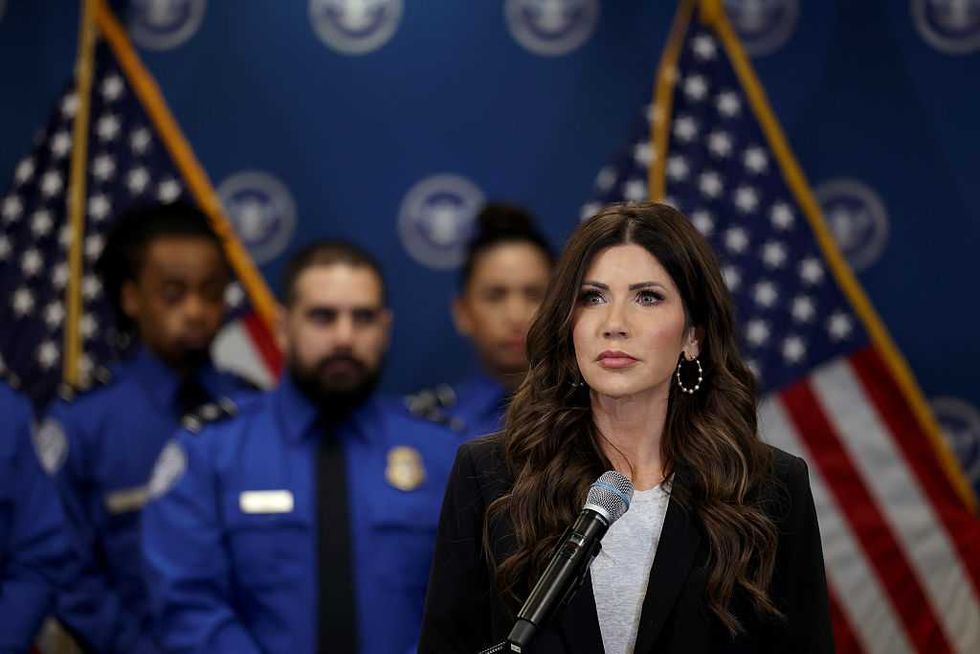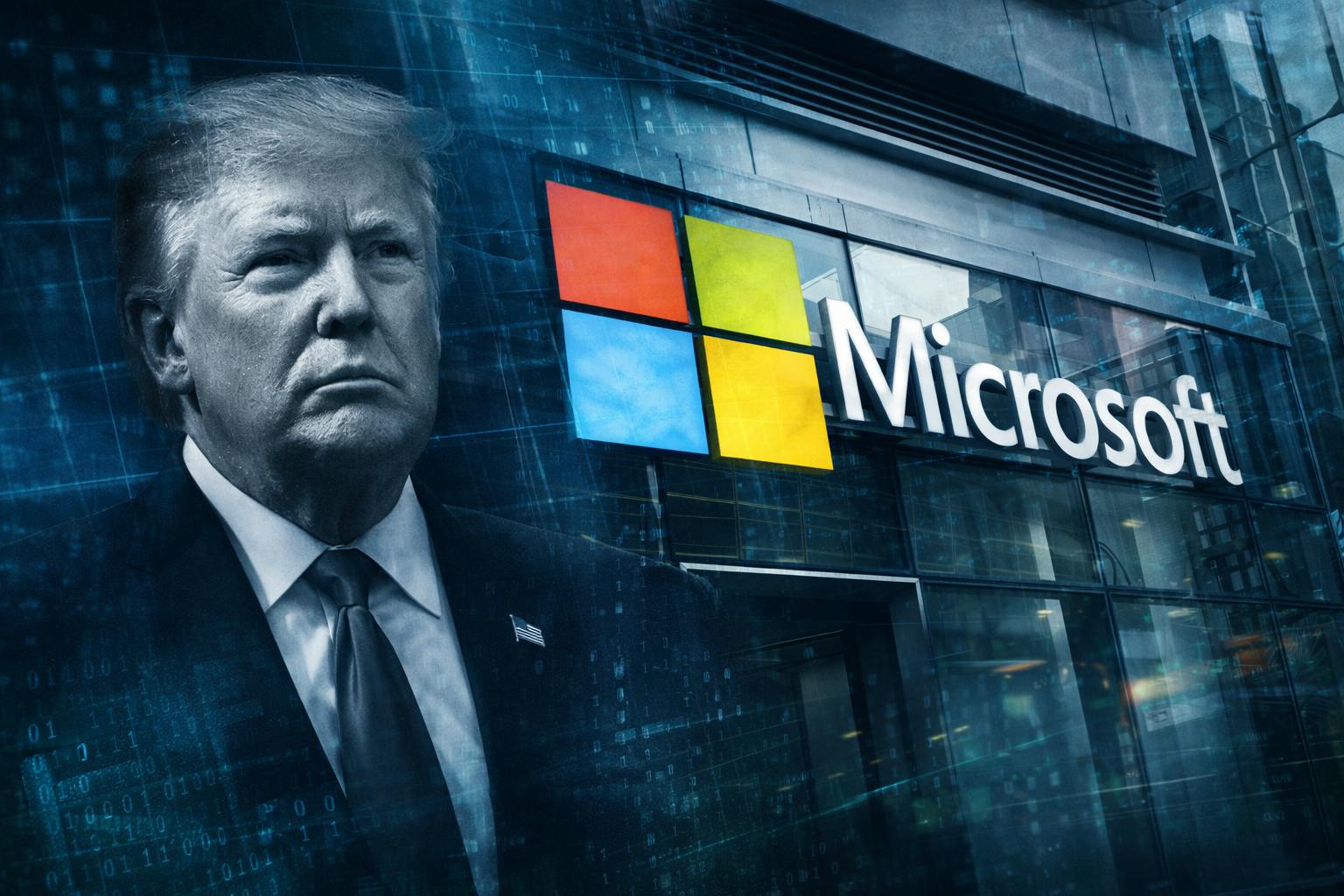Does the Data Show America Experiencing a Religious Revival?

Is America seeing a religious revival, or is the anecdotal evidence of another Great Awakening simply evidence of anecdotes?
Live Your Best Retirement
Fun • Funds • Fitness • Freedom
I set out to attempt to answer that question with Ryan Burge, a nationally recognized expert on religious demography in the United States.
Burge is in the unique position of being both an observer and practitioner of the Christian faith as a professor in the John C. Danforth Center on Religion and Politics at Washington University in St. Louis and as a pastor who had to close his church. I reached out to ask if the religion expert was seeing signs of a revival in the data from the United States.
“[T]he answer, at least as far as we can tell, data-wise is no,” Burge stated, adding: “There’s no evidence of a massive return to religion.”
He did caveat that he was still waiting to see some of the numerical figures following the assassination of conservative influencer Charlie Kirk, which has produced a cornucopia of anecdotes about Americans responding to Christianity. The political scientist described how a substantial religious revival would show up in the numbers.
“The share of people going to church weekly is around 25% right now. Let’s say, let’s assume 28% would be a religious revival, 3% increase,” Burge said.
According to the professor, that would translate to around 10 million to 12 million new church attendees arriving for worship on Sunday, compared with three months ago.
There are “about 300,000 churches in America,” Burge explained. “That means every single church in America would be averaging 30 to 35 new attendees now that they did not have in July,” he stated.
The political scientist acknowledged the good vibes appearing in popular culture and from the media, but at the end of the day, he said, there just simply wasn’t much evidence to support the notion of a macro-level nationwide revival currently underway in the U.S.
What there is evidence of is a plateau in the data documenting the decline of religious affiliation between generations in the U.S. Over the past several decades, each successive generation has come to identify less with Christianity than its predecessors. But that trend has appeared to have ended with the Zoomers.
“Specifically, the religiosity of Gen Z is not that much different than the religiosity of millennials,” Burge noted. But that in and of itself does not mean we are experiencing a large-scale resurgence in Christianity.
“Saying that 50 years of religious decline is now reversing in the last three months, that’s an extraordinary claim, and it requires extraordinary evidence, and we don’t have that,” Burge said.
The political science professor agreed that more investment in religion research would be helpful in reconciling the accounts of revival with the broader scope of reported data.
“There are threads in American Christianity that need to be pulled on, right? I think the Orthodox Church is one of them, because it’s what the data says, and what people tell me is so conflictual,” he said.
When asked what was one thing he hoped a revival in the U.S. would accomplish, Burge said he hoped it “would get people back into real-life community, you know, meeting in person on a regular basis and doing social things with other people on a regular basis.”
“So, it obviously would lead to, you know, spiritual awakening, which I think is good, but also would lead to a social awakening. We’re going to reverse this trend of isolation and scrolling social media that we’ve been doing so much for the last 15, 20 years,” the professor stated.
The post Does the Data Show America Experiencing a Religious Revival? appeared first on The Daily Signal.
Originally Published at Daily Wire, Daily Signal, or The Blaze
What's Your Reaction?
 Like
0
Like
0
 Dislike
0
Dislike
0
 Love
0
Love
0
 Funny
0
Funny
0
 Angry
0
Angry
0
 Sad
0
Sad
0
 Wow
0
Wow
0

